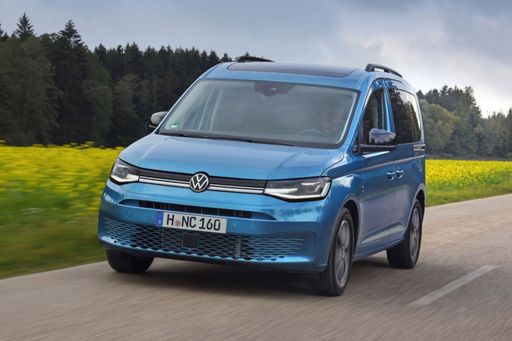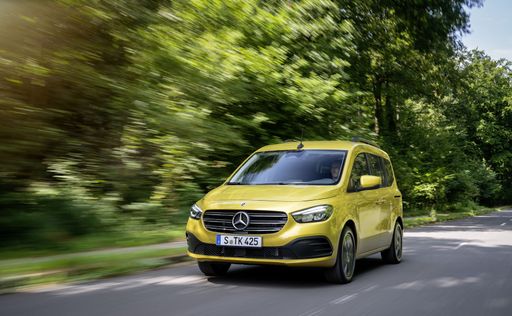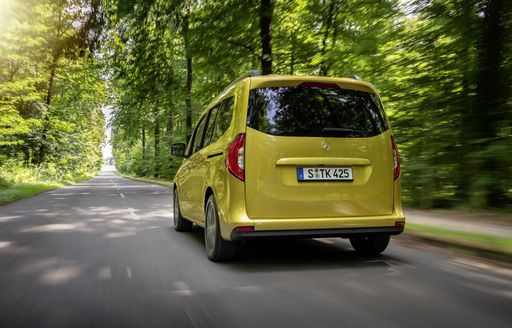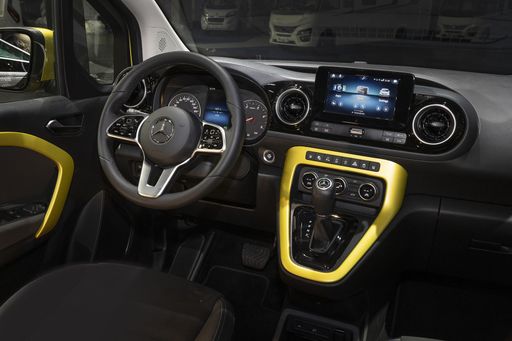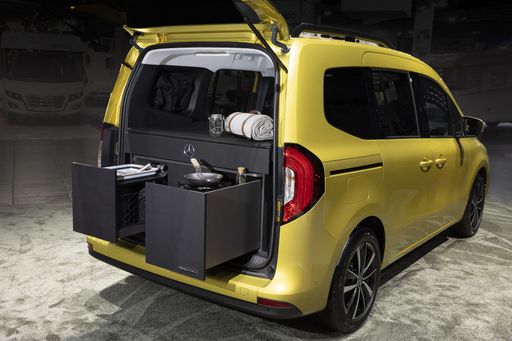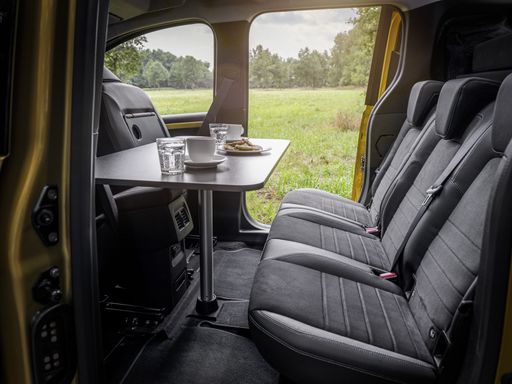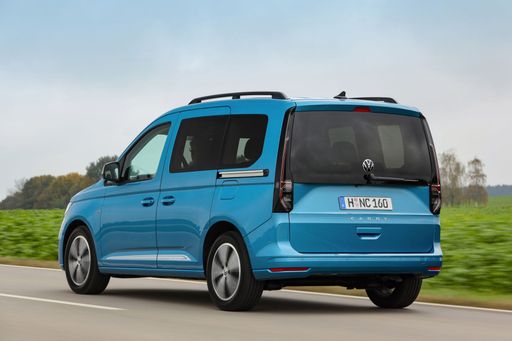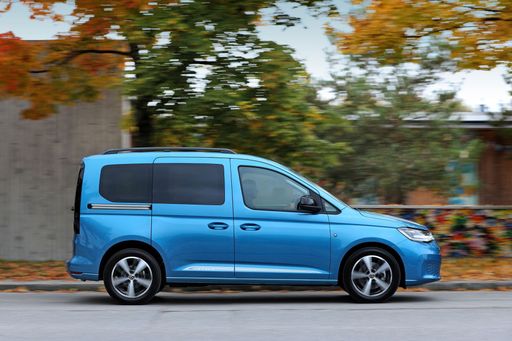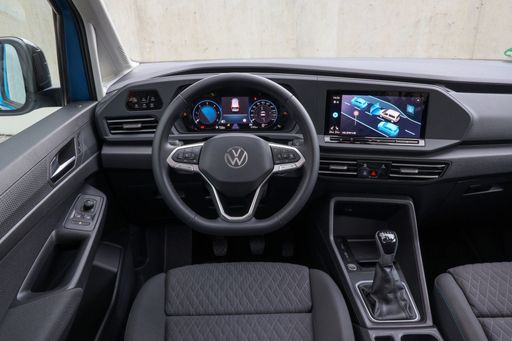Mercedes T-Klasse vs. VW Caddy: The Battle of High Roof Wagons
The automotive market is brimming with versatile vehicles designed for both family trips and commercial use. Two prominent contenders in the high roof wagon segment are the Mercedes T-Klasse and the VW Caddy. Both models boast impressive features, technical innovations, and engineering prowess, but how do they stack up against one another? This article aims to dissect the technical specifications, innovations, and unique characteristics of both vehicles.

